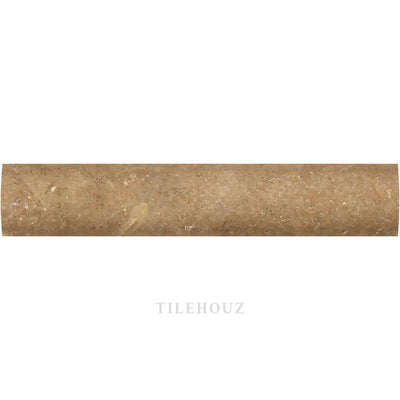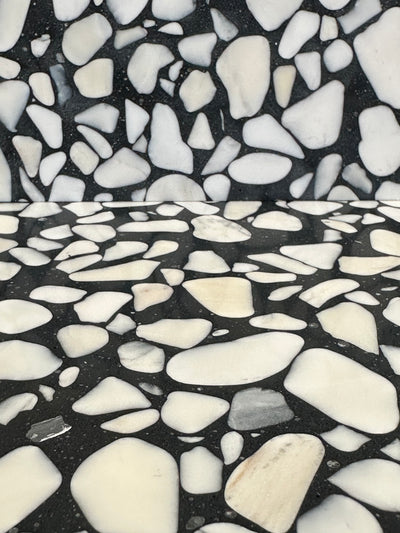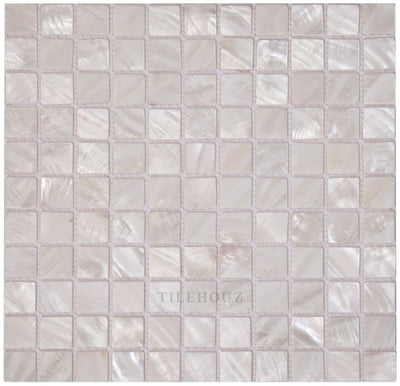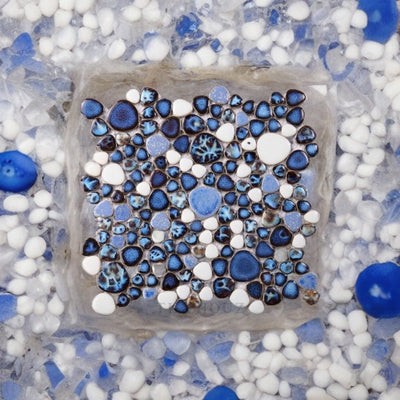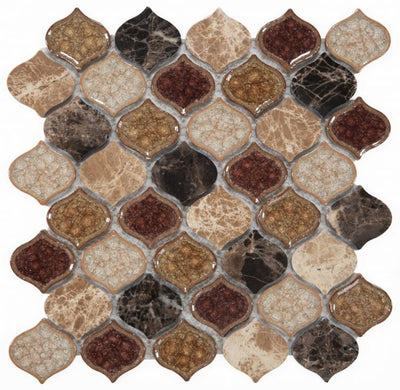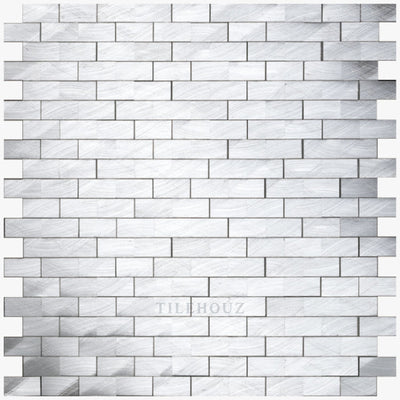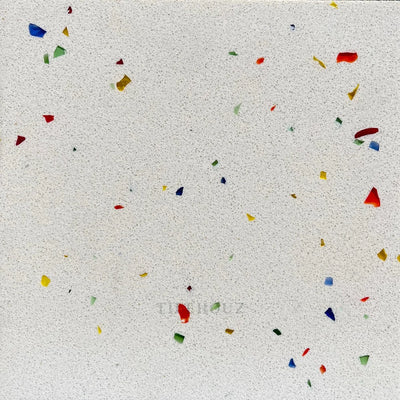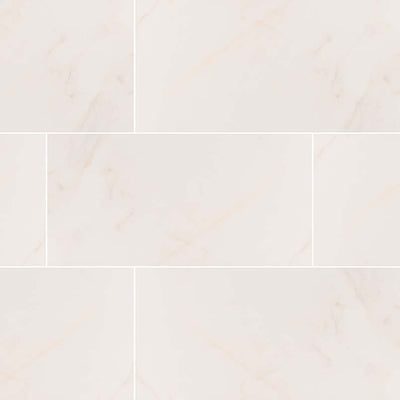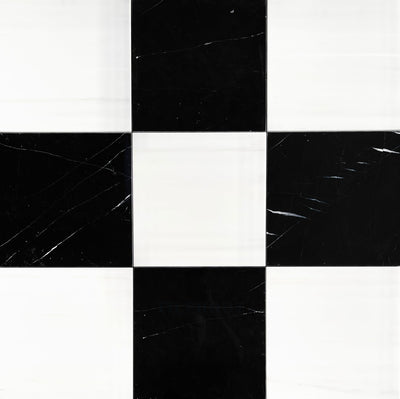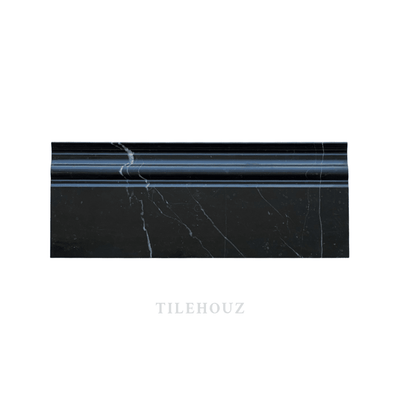Installation Guidelines
The owner or owner’s representative is responsible for determining the acceptability of the product prior to installation. All Installations should be done by a professional tile installer.
1. Measuring: Measure coverage area, make sure to purchase at least 10% extra material than is required. This will account for any breakage or mis-cuts during installation, and ensure you have extra material should you have to replace any tile elements in the future.
2. Verifying Dye Lot Consistency: The owner or end user is responsible for determining the acceptability of the product. Due to the handmade, artistic nature of our product, variation in color, shade, tone, and size is normal.
- Upon delivery, open and inspect each box of tile.
- Verify dye lot consistency in the following manner. To establish color control samples, randomlyselect 5 pieces from your order from different boxes.
- To assure shade variations are acceptable check, the remaining sheets or field tile in your order againstthe control samples, prior to installation.
- If ordering additional materials. Sample shall be sent to help attempt to match previously orderedmaterial.
3. Setting Material: Because of the translucent nature of glass, the color of the bonding material will impact the ultimate look of the tile. We highly recommend the use of white polymer modified white thin-set.
Acceptable Thin-Sets (White Color):
- CUSTOM BUILDING PRODUCTS: Premium Glass Tile Thin-Set Mortar
- BOSTIK: Glass-MateTM GLASS TILE MORTAR
- BOSTIK: ReFlex Ultra-Premium Latex Modified Thin-Set Mortar
- LATICRETE: Glass Tile Adhesive
- MAPEI: Adesilex P10 Bright White Thin-Set Mortar mixed With Keraply Mortar Additive
- TEC SPECIALTY PRODUCTS: Super Flex Premium Performance Universal Latex-Modified Thin-Set Mortar
Acceptable Grout:
- Custom Building Products Grout : Polyblend Sanded Grout
- Bostik: Dimensions & TruColor
- HYDROMENT: Sanded Tile Grout
- LATICRETE: 1500 Sanded Grout
- MAPEI: Keracolor S
- TEC: AccuColor Premium Sanded Tile Grout
4. Cutting: Plan the placement of the tiles on your wall prior to installation. If you need to cut a mosaic sheet, cut from the back using a utility knife between tiles along the grout joints. Should you need to cut across tiles in a fashion that is not possible with a utility knife, use a wet saw with a diamond blade to cut through the tile.
5. Drilling: Using a drill bit designed for glass is recommended. When drilling the hole, keep the bit and hole lubricated to prevent chipping. Start by drilling from both ends of the tile, starting with the back and drilling half the depth of the tile. Then, turn the tile over and complete the hole is recommended. This will prevent the glass from chipping as the drill bit exits the tile.
6. Applying Setting Materials:
Apply setting material using the notched side of a V-notched trowel. Using the flat side of the trowels, smooth out all ridges to achieve a consistent, even 1/8” (3mm) coverage.
- Apply glass mosaic sheets, mesh -side down, firmly into freshly laid setting material. Mix and match from assorted sell units to achieve consistent variation. Using a rubber grout float gently press the tile into adhesive to ensure complete contact.
- Natural Stone should be sealed prior to grouting. A premium penetrating sealer is recommended for a natural look. Please refer to sealer manufacturer’s recommendations for application instructions.
7. Cleaning: Clean all excess grout immediately with a damp sponge. After 12 hours polish off any remaining haze with a dry cloth or towel. For tough stains, we require the use of PH Neutral cleaner to clean the tile and grout, such as Grout & Tile neutral cleaner.
Maintenance & Care
Required to use a soft bristle brush to scrub the tile surfaces and grout. Take care to only use a soft bristle brush, to avoid the chance of scratching or damaging the grout. Then, simply wipe the surface, rinse well with clean water, and dry with a soft clean towel.
Required to use PH Neutral Cleaner to clean the tile and grout, such as Grout & Tile Neutral Cleaner
Maintenance, Care & Cleaning (Marble and Natural Stone Products)
Cleaning marble surfaces requires gentle care as they are easily scratched and can be damaged by acidic substances.
1. **Regular Cleaning**: Dust the surface regularly with a soft, dry cloth. For a more thorough clean, use a damp cloth and a little mild soap. Make sure you thoroughly rinse the surface after to remove any soap residue and dry it with a soft towel to prevent water spots.
2. **Deep Cleaning**: You can buy a pH-neutral stone cleaner specifically designed for marble. Dilute the cleaner according to the instructions, then apply it to the marble. Use a soft, damp cloth or sponge to clean the surface. Rinite with clean water and wipe dry.
3. **Stain Removal**: If there's a stain, try to identify what caused it, as different types of stains require different treatments. In general, a poultice made from baking soda and water can help lift the stain. Apply the poultice to the stain, cover with plastic wrap, and leave it overnight. Clean off the poultice with water the next day and pat dry.
Remember not to use vinegar, lemon juice, or other cleaners containing acid on marble surfaces, as they can etch the marble surface. Also, avoid using abrasive cleaners or tools that might scratch the marble. It's always a good idea to test any cleaning method on a small, inconspicuous area first to ensure it doesn't damage the marble.
We strongly recommend customers to use a licensed tile contractor to do the tile installation and always use TCNA tile installation handbook as the installation guidance



